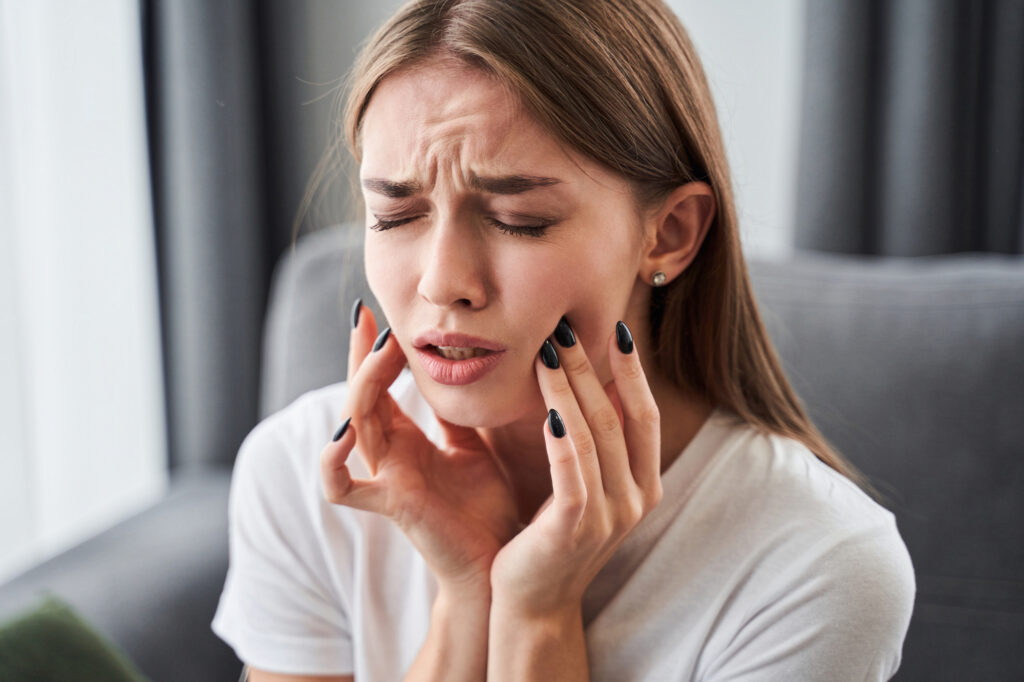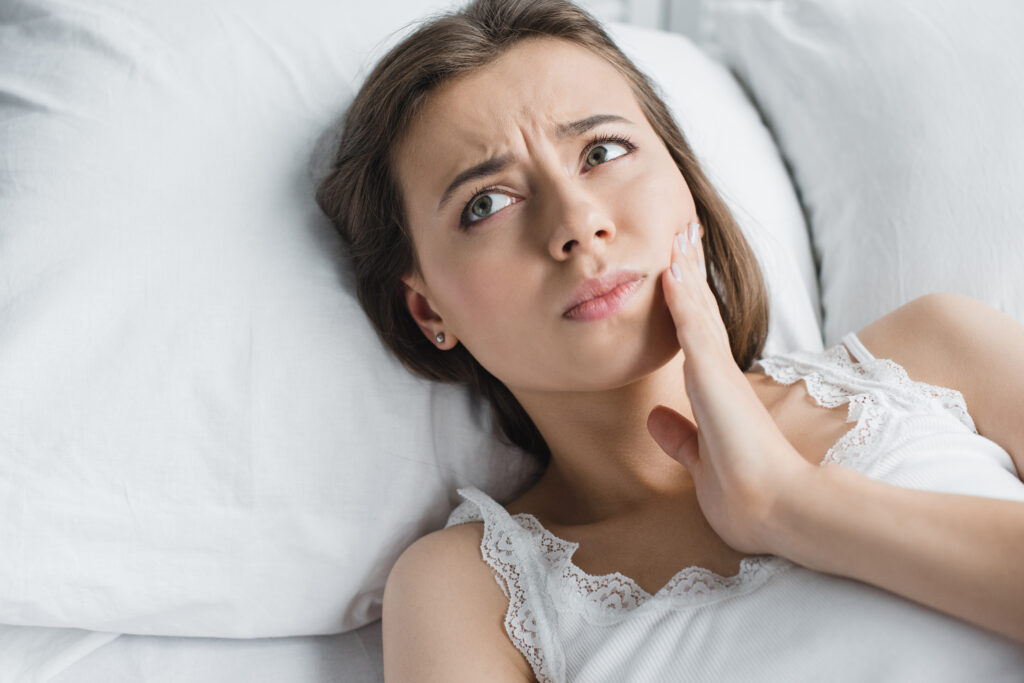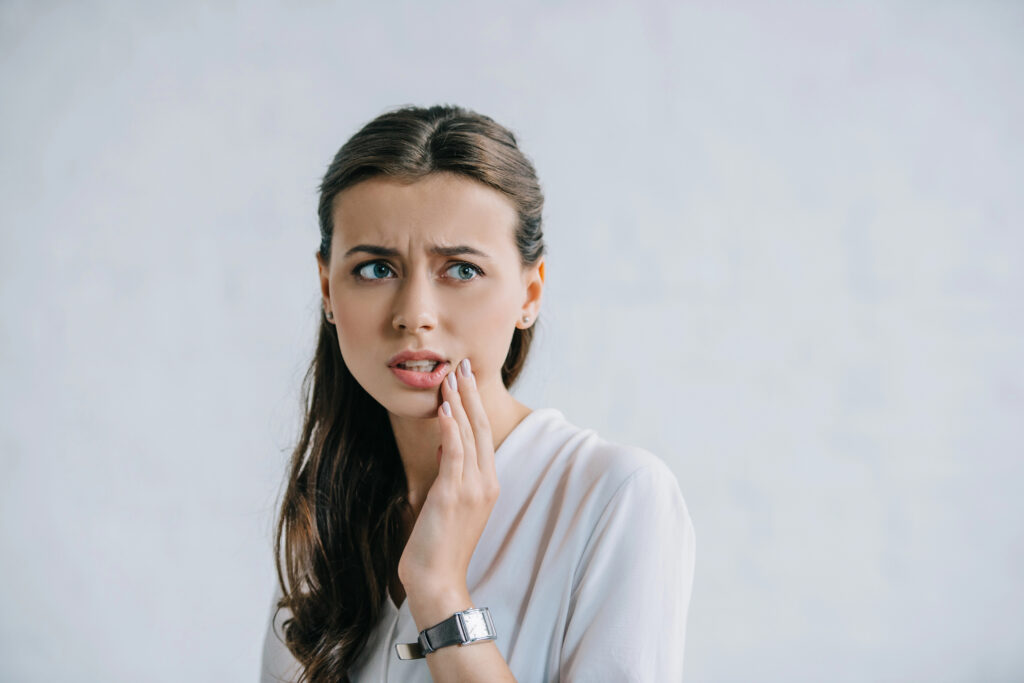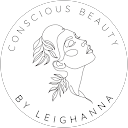TMJ Treatment

Are you suffering from chronic headaches, earaches or jaw pain?
You may have temporomandibular joint dysfunction, called TMJ disorder.
TMJ is a misalignment of the sensitive jaw joints. This can cause muscles to become stressed, which irritates nerves and leads to symptoms that range from mild to severe.
symptoms of tmj disorder include:
- Headaches or migraines
- Chronic earaches
- Popping, clicking jaw joints
- Jaw, face, head, neck pain
- Low back pain
- Tingling fingers
- Inability to fully open/close the mouth
- Teeth grinding (bruxism)
- Tooth wear

How We Can Help
For conservative, effective treatment, your dentist can create a custom oral appliance to correct jaw alignment and relieve nagging symptoms. If you suffer from TMJ symptoms, consult with your dentist to determine whether an oral appliance will relieve your pain.Home exercises can be an integral part of managing temporomandibular joint (TMJ) disorder symptoms.
It’s essential to perform these exercises gently and without force to avoid exacerbating symptoms. Start with a small number of repetitions and gradually increase as tolerated. If you experience pain or discomfort during any exercise, stop immediately and consult with a healthcare professional.
Additionally, maintaining good posture, avoiding chewing gum, eating soft foods, and applying moist heat or ice packs to the jaw area can also help alleviate TMJ symptoms. However, it’s crucial to consult with a dentist or physical therapist before starting any exercise regimen to ensure it’s appropriate for your specific condition. They can provide personalized recommendations and guidance tailored to your needs.
Here are some exercises commonly recommended to help alleviate TMJ discomfort:
- Jaw Relaxation Exercises:
- Slowly open your mouth as wide as you comfortably can, then close it gently. Repeat this movement 5-10 times.
- Place your tongue on the roof of your mouth and slowly open and close your mouth. This can help stabilize the jaw movement.
- Chin Tucks:
- Sit or stand with your back straight.
- Gently tuck your chin in towards your chest, holding the position for 5-10 seconds.
- Relax and return to the starting position.
- Repeat 5-10 times.
- Resisted Jaw Opening:
- Place your thumb or two fingers under your chin.
- Gently push your chin downward as you try to open your mouth against the resistance of your fingers.
- Hold for 3-5 seconds, then release.
- Repeat 5-10 times.
- Jaw Stretch:
- Place the tip of your tongue on the roof of your mouth, just behind your top front teeth.
- Gently open your mouth, keeping your tongue in place.
- Hold the stretch for 5-10 seconds, then close your mouth.
- Repeat 5-10 times.
- Relaxation Techniques:
- Practice relaxation techniques such as deep breathing, meditation, or progressive muscle relaxation to help reduce stress and tension, which can exacerbate TMJ symptoms.


Frequently Asked Questions
TMJ therapy can offer significant relief from the discomfort caused by TMJ disorder. Our Laguna Niguel dental team utilizes custom oral appliances to correct jaw alignment, alleviate muscle stress, and reduce symptoms like jaw clicking, facial pain, and teeth grinding.
TMJ therapy can provide long-term relief for many patients. By addressing the underlying causes of TMJ disorder, such as jaw misalignment and muscle tension, our TMJ specialist in Laguna Niguel aim to alleviate symptoms and improve overall jaw function.
Yes, TMJ therapy can effectively address teeth grinding. By using an oral appliance during sleep, which is a common time for bruxism, the appliance can help reduce the intensity of teeth grinding and protect your teeth from excessive wear and damage.
If you experience persistent jaw pain, frequent headaches, or other symptoms associated with TMJ disorder, it is advisable to schedule a consultation with our TMJ specialist, Dr. Nouri. She will evaluate your condition, discuss your symptoms, and recommend appropriate TMJ therapy options.
Yes, at our dental practice in Laguna Niguel, we focus on conservative TMJ treatment methods. Our TMJ therapy includes non-surgical approaches, such as oral appliance therapy, physical therapy exercises, lifestyle modifications, and stress management techniques.
While TMJ therapy primarily focuses on addressing TMJ disorder, it can indirectly help with sleep apnea and snoring. By improving jaw alignment and reducing muscle tension, TMJ therapy can contribute to better airflow during sleep, potentially alleviating certain sleep apnea and snoring symptoms.
request an appointment
We’re always excited to see new patients. Give our office a call or text us to request an appointment!










































